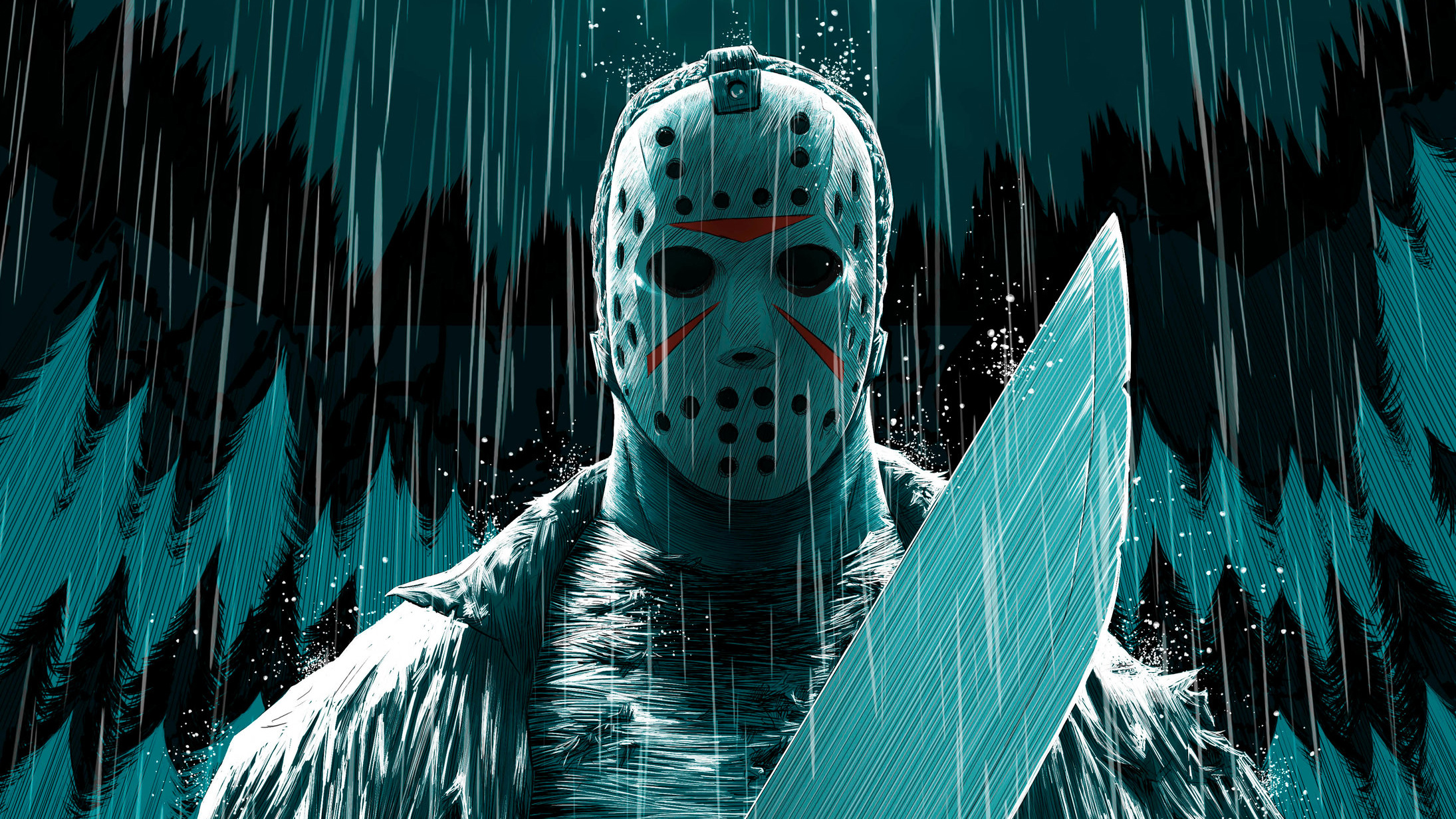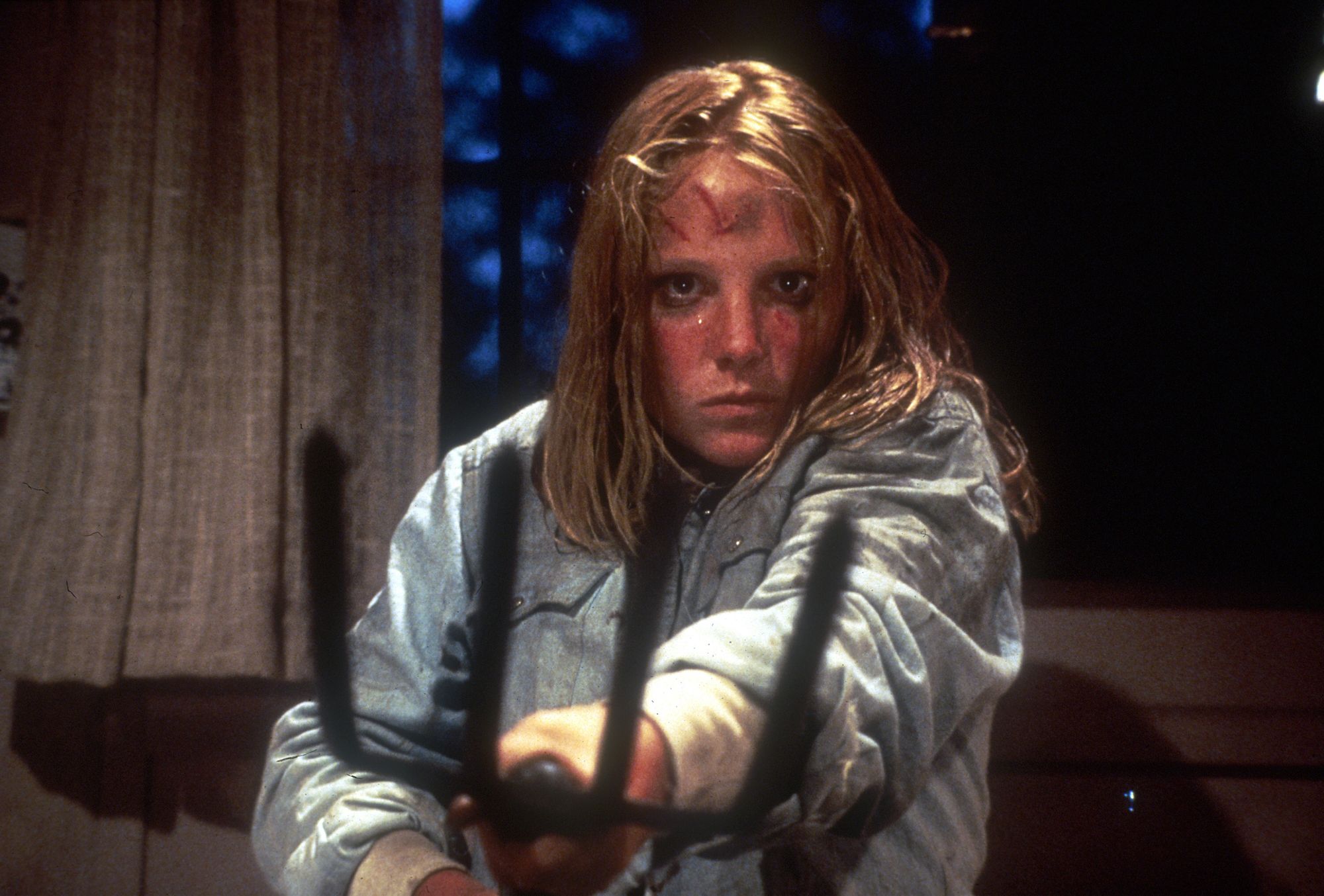Friday the 13th: Unraveling the Superstition and Its Cinematic Legacy
Friday the 13th, a day steeped in superstition and cinematic lore, has captured the collective imagination for centuries. From its eerie association with bad luck to its gruesome representation in horror films, this enigmatic date continues to fascinate and provoke our curiosity. In this exploration, we delve into the origins, traditions, and cultural significance of Friday the 13th, uncovering the intriguing stories that surround this captivating superstition.
Historical Origins of the Superstition
The roots of the superstition can be traced back to ancient civilizations. In Norse mythology, Friday was dedicated to the goddess Freya, and the number 13 was associated with Loki, the trickster god. In Christianity, the Last Supper had 13 attendees, including Judas Iscariot, who betrayed Jesus. This association with treachery and betrayal further cemented the belief that Friday the 13th was an unlucky day.
Cultural Beliefs and Traditions
In various cultures worldwide, Friday the 13th is considered a portent of misfortune. In some countries, such as Italy and Spain, it is believed that starting a new journey or business venture on this day will bring bad luck. In Greece, people avoid getting married on Friday the 13th, fearing marital problems. These beliefs often stem from religious traditions, folklore, or simply the collective subconscious that assigns negative connotations to specific dates.
Cinematic Representation and the "Friday the 13th" Franchise
The superstition of Friday the 13th has found its most iconic expression in the "Friday the 13th" horror film series. The franchise, which began in 1980, depicts a relentless killer named Jason Voorhees terrorizing campers at the fictional Camp Crystal Lake on Friday the 13th. The films have become synonymous with the superstition, solidifying the day's association with violence and fear.
Table: Cultural Beliefs and Associated Bad Lucks
| Culture | Beliefs | Associated Bad Luck |
|---|---|---|
| Italian | Starting a new journey or business | Financial losses, accidents |
| Spanish | Getting married | Marital problems, divorce |
| Greek | Getting married | Marital problems, divorce |
| Egyptian | Swimming in the sea | Drowning, water-related accidents |
| German | Cutting your hair | Bad luck in general |
| Chinese | Using scissors | Breaks in relationships, financial losses |
Psychological Aspects of the Superstition
Beyond its cultural and historical roots, the superstition of Friday the 13th also has a psychological dimension. Many people experience increased anxiety or fear on this day, known as paraskevidekatriaphobia. This fear can stem from irrational beliefs, past experiences, or the influence of popular culture. However, it is important to note that Friday the 13th is no more likely to bring bad luck than any other day.
Embracing the Superstition as a Cultural Phenomenon
While some individuals may dread Friday the 13th, others embrace it as a fun and tongue-in-cheek celebration. Many restaurants, hotels, and stores offer special promotions or discounts on this day to capitalize on its cultural significance. Social media feeds are filled with jokes, memes, and playful references to the superstition. In this way, Friday the 13th has evolved into a lighthearted and entertaining cultural phenomenon.
Conclusion
Friday the 13th remains a captivating enigma, blending superstition, history, and cultural imagination. From its ancient roots to its cinematic representation, this day continues to fascinate and entertain us. Whether you believe in its bad luck or embrace it as a harmless superstition, Friday the 13th is a reminder of our collective fascination with the unknown and the power of storytelling.




